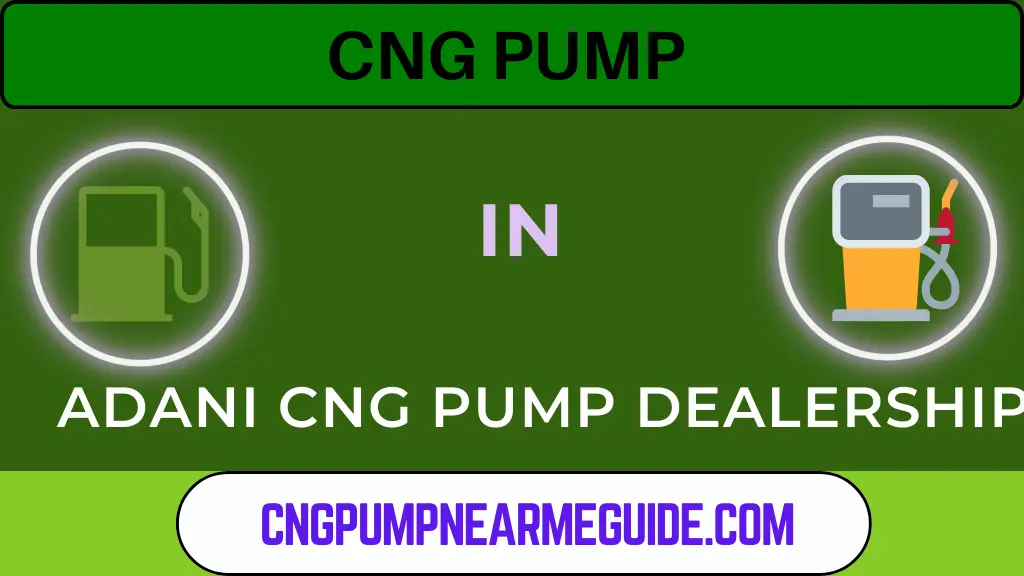The Uttar Pradesh (UP) government has recently relaxed the norms for installing fuel pumps throughout the state in a major move. The move is aimed at promoting investment in the fuel retail business, making petrol and diesel outlets more accessible, and creating more jobs. The eased regulations will be helpful to small and big businesses, making the market more competitive and consumer-friendly. In this blog, we will be talking about the regulatory changes, their effects, and the opportunities that have come up with this policy change.
Contents
Understanding the Policy Change
The UP government has brought about changes to streamline the process of opening fuel pumps, facilitating entry into the fuel retailing business for entrepreneurs. The key changes are:
- Reduction in Land Requirements: Earlier, a minimum land requirement was a huge hindrance in establishing fuel stations. With the new norms, the requirements of land size have been relaxed, and it is now easier for companies to open new petrol pumps in urban and rural areas.
- Simplified Licensing Process: The cumbersome and time-consuming process of licensing has been simplified, and bureaucratic delays have been minimized with faster approvals.
- Private Players’ Incentivization: Additional private players are allowed to enter the fuel retail business, which adds competition and serves consumers with improved services and prices.
- Boost to Alternative Fuel Pumps: The easing of norms also includes filling stations for CNG, LNG, electric vehicle charging, and biofuels, in sync with the state’s initiative for green energy alternatives.
- These policy reforms will promote ease of doing business in the state and draw massive investments in the energy sector.
Impact of Relaxed Fuel Pump Norms
1. Increased Investment and Employment
The simplified norms will attract investment from both national and international fuel retailers. This will lead to:
- Creation of new job opportunities across the fuel retail supply chain.
- Growth of small and medium enterprises (SMEs) involved in fuel station management and logistics.
- Strengthening of local economies through increased commercial activity.
2. Enhanced Accessibility to Fuel
With more fuel stations opening up, both urban and rural consumers will benefit from improved accessibility to petrol, diesel, and alternative fuels. This will:
- Reduce travel distances to fuel stations in remote areas.
- Improve energy security by ensuring consistent fuel supply.
- Support businesses that rely on fuel for transportation and logistics.
3. Boost to Alternative Energy and Green Fuel Adoption
The government’s policy also supports the expansion of alternative fuel stations. This includes:
- More CNG stations to cater to eco-friendly vehicles.
- Expansion of EV charging stations to promote electric mobility.
- Encouragement for biofuel and LNG adoption to reduce dependence on fossil fuels.
4. Competitive Fuel Pricing
With more private players entering the market, consumers can expect:
- Better pricing options due to increased competition.
- Improved service quality and additional amenities at fuel stations.
- Loyalty programs and discounts introduced by new fuel retailers.
5. Ease of Doing Business in UP
The reforms align with the state’s broader agenda to make Uttar Pradesh a business-friendly destination. By reducing bureaucratic hurdles and simplifying approval processes, the government is:
- Encouraging entrepreneurship in the fuel retail sector.
- Attracting major oil companies and private investors.
- Accelerating economic growth in the state.
Read More: List Of CNG Pump In Aligarh Uttar Pradesh Near Me | 25+ List Of CNG Pump In Etawah, Uttarpradesh
How to Open a Fuel Pump in UP Under the New Norms?

If you are interested in setting up a fuel station in UP, here’s a step-by-step guide under the revised norms:
Step 1: Identify a Suitable Location
- Select land based on the reduced minimum land requirement.
- Ensure compliance with safety and environmental regulations.
- Consider accessibility, traffic flow, and proximity to highways.
Step 2: Apply for a Dealership
- Contact oil marketing companies (OMCs) such as Indian Oil, Bharat Petroleum, or private firms.
- Submit necessary documents, including land ownership details and financial statements.
- Undergo screening and approval processes set by the respective OMCs.
Step 3: Obtain Required Approvals
- Apply for a No Objection Certificate (NOC) from relevant local authorities.
- Secure environmental clearance and safety compliance certificates.
- Get necessary permits from the Petroleum and Explosives Safety Organization (PESO).
Step 4: Infrastructure Development
- Construct the fuel station as per prescribed guidelines.
- Install underground storage tanks, fuel dispensers, and safety measures.
- Ensure facilities such as restrooms, convenience stores, and air-filling stations.
Step 5: Operations and Maintenance
- Hire trained staff and implement safety protocols.
- Maintain a consistent fuel supply chain and pricing.
- Offer value-added services such as digital payment options and customer loyalty programs.
Challenges and Considerations
Although the eased regulations offer a tremendous opportunity, challenges remain to be considered:
- Infrastructure Development Expenditure: The establishment of a fuel station calls for a high amount of capital expenditure.
- Regulatory Compliance: Despite eased rules, compliance with environmental and safety norms is vital.
- Market Competition: With increasing market entrants, profitability can be ensured by innovation and excellent customer service.
- Shifting Patterns in Fuel: Growing emphasis on EVs and cleaner fuels can affect long-term demand for traditional fuel outlets.
Conclusion: A Progressive Move for Uttar Pradesh
The UP government’s decision to relax norms for fuel pump openings is a forward-thinking move that will benefit consumers, businesses, and investors alike. It will:
- Enhance accessibility to fuel across urban and rural regions.
- Attract domestic and international investments.
- Encourage employment and economic growth.
- Support alternative energy sources for a sustainable future.
For entrepreneurs looking to enter the fuel retail business, now is the perfect time to take advantage of these relaxed regulations. The reforms align with the broader goal of transforming Uttar Pradesh into a hub for business and investment, paving the way for a robust and competitive fuel market.
With simplified processes, lower entry barriers, and a focus on sustainability, the new fuel pump policies will drive UP’s economic growth and provide long-term benefits for consumers and businesses alike.
Frequently Asked Questions (FAQs)
What are the main modifications in the revised fuel pump regulations in UP?
The UP government has lowered land requirements, streamlined the license process, invited private sector participation, and facilitated alternative fuel stops like CNG, LNG, and EV charging stations.
Who is eligible to apply for a fuel pump dealership under the new norms?
Individuals, firms, and companies that fulfill the eligibility norms of oil marketing companies (OMCs) are eligible to apply for a dealership. The process is now more streamlined and faster with less bureaucratic delay.
What are the advantages of opening a fuel station in UP today?
Advantages are in the form of lower entry points, higher opportunities for investment, competitive prices, better accessibility, and government promotion of sustainable energy solutions.
How will the new standards affect fuel prices and competition?
As more private operators enter the market, fuel prices are likely to be more competitive, resulting in improved consumer benefits like discounts, loyalty programmes, and better service quality.






